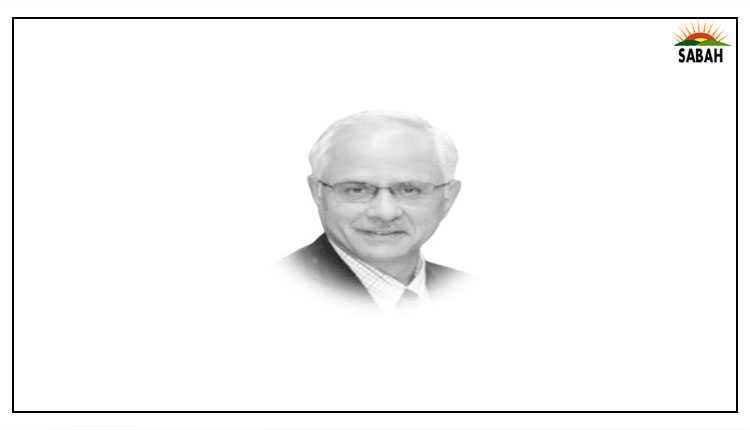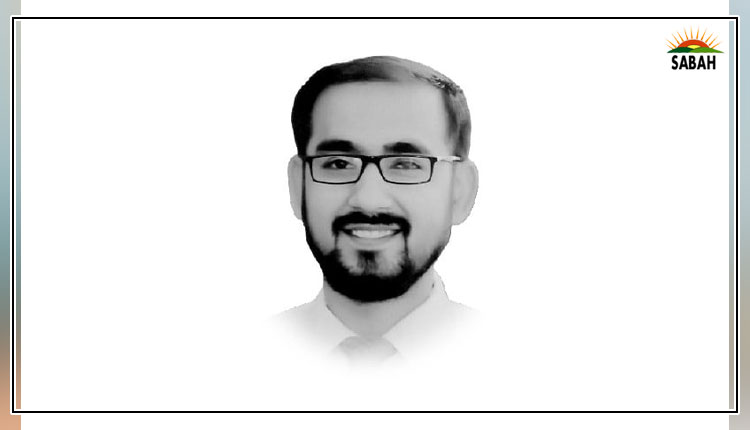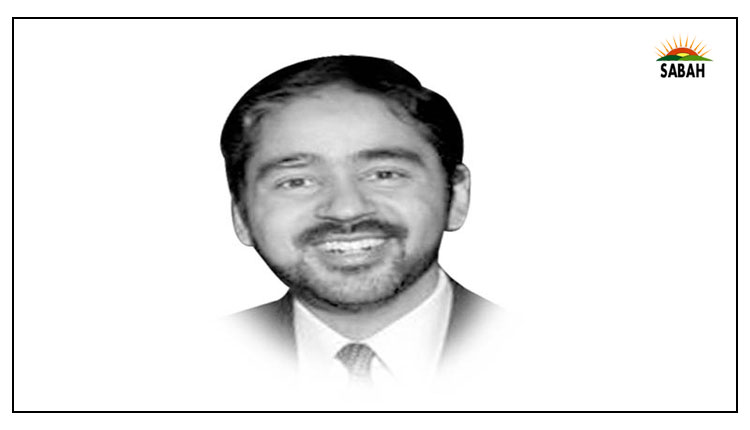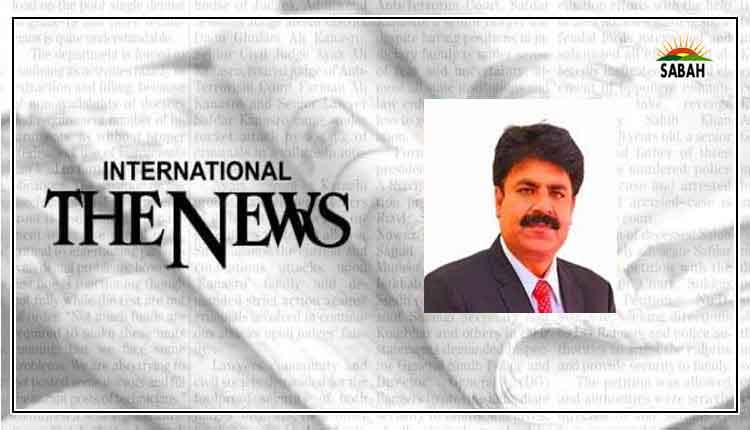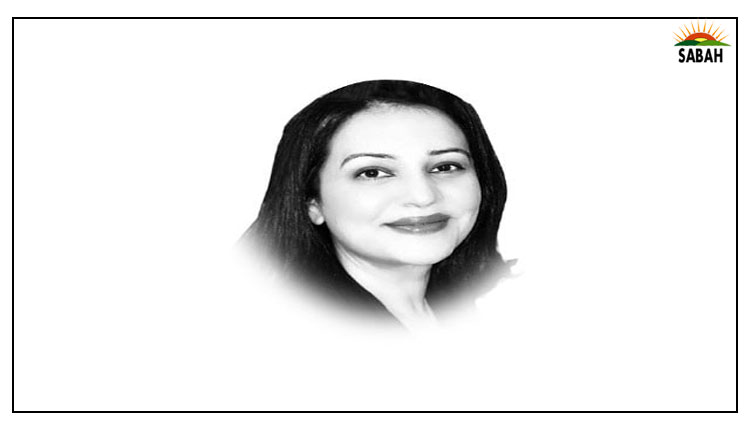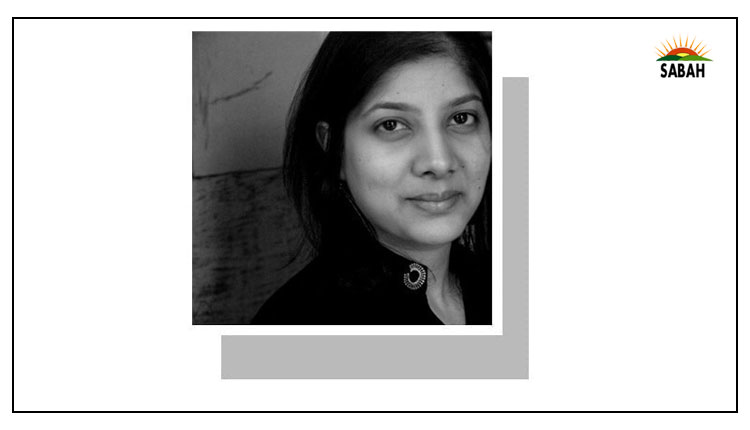Nato summit…..Huma Yusuf
PAKISTANS Foreign Office last week offered to mediate between Russia and Ukraine in an effort to end the war. The offer has some credibility on the back of the Ukrainian foreign ministers visit to Islamabad, and Pakistans repeated insistence of neutrality in that context. And it is a sensible offer from a country desperate for both cheap gas from Russia and wheat from Ukraine. Unfortunately, neutrality seems an increasingly difficult pose to strike in our complex world.
This was a key signal from the recently concluded summit of Nato leaders in Vilnius. Although the summit fell short of announcing a timeline for Ukrainian accession, it gave a clear us versus them message, the sense that a new Cold War is already upon us.
The alliance reassured Ukraine of membership at an appropriate time and members bilateral promises of arms and support to Kyiv, a message that Nato would check Russian ambitions. It also used strong language against China, indicating that Beijings non-transparent approach, military modernisation and ties with Moscow were all perceived as threats to Natos interests.
On the other hand, Finlands inclusion and Swedens imminent accession were celebrated because they provide the alliance its greatest-ever territorial reach across Europe, the Baltic Sea and the Arctic Circle. The Baltic Sea was smugly rebranded a Nato lake.
The alliance made clear its intentions to establish itself as a real contender in the Asia-Pacific theatre. Japan and South Korea attended the summit for the second year in a row, and while the French president blocked the opening of a Nato liaison office in Japan, other plans to entrench Natos presence in Chinas backyard were hatched, including ensuring interoperability of Nato and Japanese forces to deploy alongside each other.
Natos secretary general also drummed home his thesis that security crises are globalised, with issues in Asia having European ramifications, and vice versa in essence, a justification of Natos Asian forays.
We are returning to a world of blocs and satellites.
Nato also made a push to give teeth to its expanded vision. Leaders agreed to a baseline of two per cent of GDP for defence expenditure. Natos top general also presented defence plans outlining how it would secure the alliances northern, eastern and southern flanks. Such detailed plans have reportedly not existed since the Cold War era.
Against this backdrop, Islamabads neutrality seems fragile. Pakistan is, after all, a major non-Nato ally, and one assumes its a matter of time before Nato messaging regarding Russia and China comes to bear on that status (lets not forget the challenge this January to Pakistans non-Nato ally status by a US Congressman on the basis that Pakistan was not doing enough to clamp down on the Haqqani Network; could neutrality vis–vis Moscow be the next fault decried?).
Polarisation of the global landscape has been the story of the past decade, with the divides between populism and pluralism quickly hardening into those between autocracy and democracy.
We are returning to a world of blocs and satellites, and those such as Pakistan seeking neutrality, or particularly trying to balance relations between the US and China, are likely to struggle.
These balancing acts must be central considerations for Islamabad not only as it crafts its foreign policies, but also in the economic arena (for example, we must consider long-term scenarios during the privatisation of key assets that will be of interest to key players from the West, China and Russia).
Beyond polarisation, the Nato summit also held some warnings for civil society in places such as Pakistan where democratic values are already threatened. The shift to terming the 2pc military expenditure as a floor rather than a ceiling in an era of cost-of-living crises privileges security spending at all costs.
This means IFIs requirements for underdeveloped countries struggling with debt and seeking bailouts to cut their own military expenditure to cover costs of public service may be perceived as lip service instead. This would be an unfortunate development, diverting from future funding for social welfare, infrastructure and the green transition.
Human rights groups have also criticised Swedens many concessions to Turkiye to gain approval for its accession to Nato, including the lifting of an arms embargo and the introduction of new laws regarding proscribed groups.
Many believe Stockholm has had to throw Kurdish dissidents seeking refuge in Sweden under the proverbial bus in order to secure its Nato spot. This goes against the key criteria for aspiring Nato members to respect democracy, individual liberty and the rule of law. As such, despite prioritising security, the Nato Vilnius summit seems to be hearkening to a scarier world.
The writer is a political and integrity risk analyst.
Twitter: @humayusuf
Courtesy Dawn, July 24th, 2023





